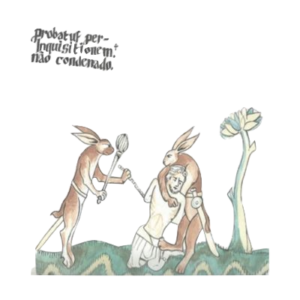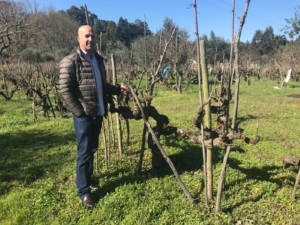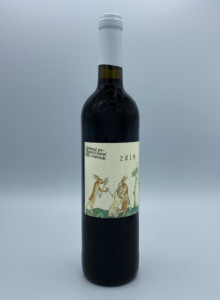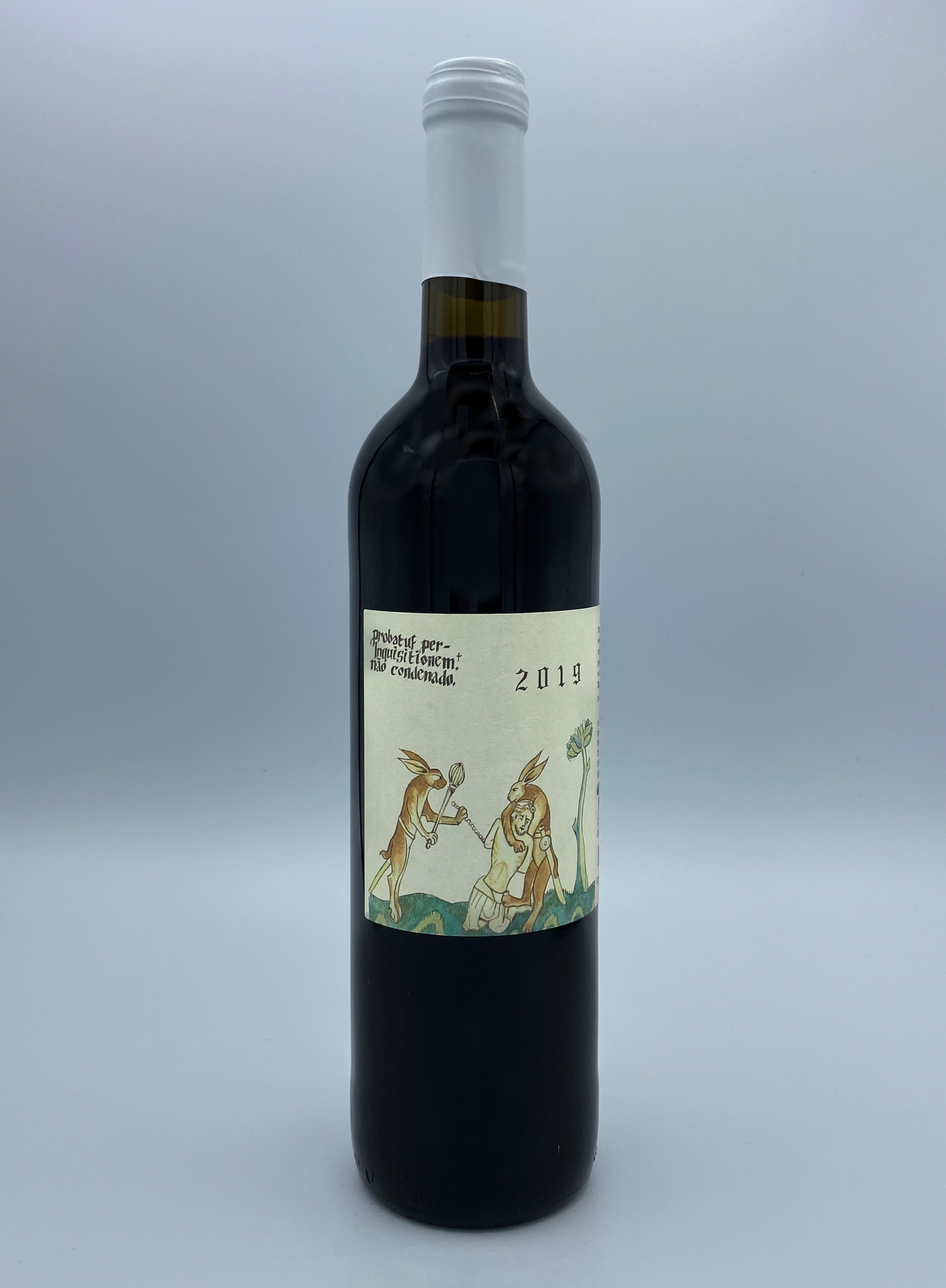Uncondemned
About
Owner: Portuguese Story Ltd.
Winemakers: Luis Sousa & Andre Pereira
Vineyards: 2ha across nine different (tiny!) sites
Vineyard management: Organic (some sites certified, some sites in conversion, some sites practicing)
Soils: Mainly limestone, clay, and schist
Grapes grown: Fernao Pires, Arinto, Trincadeira, Baga, Alicante Bouschet, Touriga Nacional, Castelao, and numerous other unidentified indigenous red and white varieties
Annual production: 8,000 bottles
Quick facts:
- The name “Uncondemned” refers to the historic “backyard” vineyards they’re working with, which would otherwise be abandoned or “condemned.”
- The light “palhete” style red dates back hundreds of years–it’s recorded in the texts of monks from several centuries ago.
- The 100+ year old vineyards are home to dozens of native grapes, some of which are unidentified.
The rural areas north of Lisbon are pocketed with tiny vineyards full of ancient vines and indigenous grape varieties. Historically, wine was something families made at home and only sold to their neighbors, along with olive oil, vegetables, and fruit. Today, however, the previous generation is aging, and the next generation has had to find employment outside of the tiny villages, leaving no one to take care of the vineyards. Andre Pereira, winemaker at nearby Quinta do Montalto, wanted to save some of these extraordinary historic sites, so he collaborated with Portuguese Story to create the Uncondemned project. Today, they’re working with nine tiny vineyards with 120-15o year old vines. All are organic, practicing organic, or in conversion, and grape varieties include Fernao Pires, Trincadeira, and Baga, along with dozens of other unidentified native grapes. In doing so, they’re saving centenarian vines from being torn up, preserving the landscape of the region, and generating a micro economy in a region severely affected by demographic migration. The main challenge is working with nine tiny “backyard” vineyards–compared to one large plot, it requires extra effort and time for farming and for harvest.
The Uncondemned Red wine is made in a historic style called “palhete,” which was described by monks several centuries ago and remained the traditional style in central Portugal until the 1970s, when it was abandoned for commercial reasons. It’s a field blend of red and white grapes co-fermented in open cement tanks. This lighter style red is now being embraced for its freshness and uniqueness, and the fact that it’s better suited to the warm climate of the region. The Uncondemned White is made from destemmed white grapes fermented in stainless steel and cement tanks with four days of maceration on the skins. With more body thanks to the skin contact, it’s a perfect pairing with the well-seasoned and hearty cuisine of central Portugal. For both white and red, minimal sulfur is the only additive during the winemaking process.




